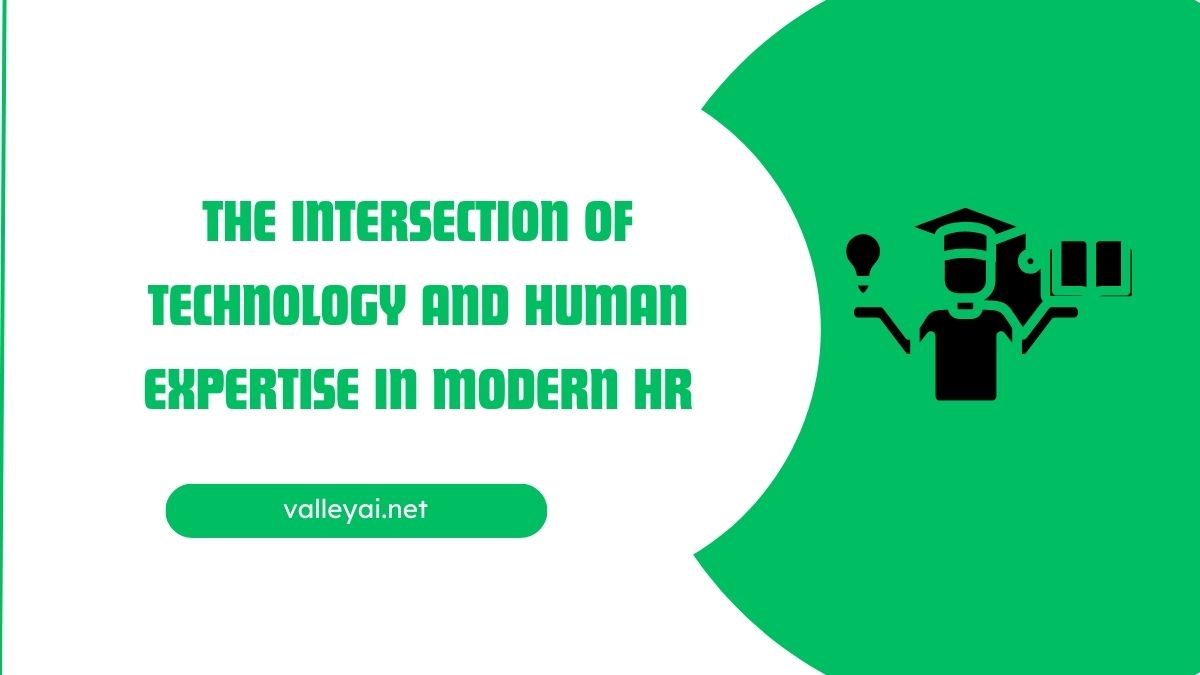Let’s understand the intersection of technology and human expertise in modern HR and payroll outsourcing.
As businesses evolve, the requirement for efficient and streamlined HR and payroll services becomes paramount. The history of personnel management has been characterized by a perpetual search for better ways to handle employee matters, from hiring to retirement.
Outsourcing these services has not only demonstrated the potential to reduce overhead but has also allowed organizations to access a pool of professionals whose sole focus is to stay abreast of the latest HR and payroll trends and regulations.
This fusion of external expertise and advanced technological resources significantly transforms how companies manage their workforce and payroll systems effectively.
Recognizing the strategic impact of these collaborations, it is essential to gauge the advantages. Businesses leveraging outsourced HR and payroll services can experience heightened compliance with labor laws, tax regulations, and employee-related concerns.
With technological advancements, outsourced partners now offer sophisticated platforms that automate and streamline processes, offering real-time analytics and insights into workforce management. This holistic approach mitigates risk and provides a foundation for better employee management and satisfaction.
Key Takeaways:
- Understanding the blend of technology and human expertise in HR and payroll.
- Highlighting the core benefits of outsourcing these functions.
- Providing a strategic framework for implementing outsourcing solutions.
- Emphasizing the role of emerging technologies and future trends.
- Stressing the importance of data security in outsourcing arrangements.
Key Considerations When Outsourcing HR and Payroll
When considering outsourcing HR and payroll services, it is essential to take a thoughtful approach. It involves evaluating the organization’s needs, recognizing the workforce’s changing landscape, and finding a service provider with the same values and vision. Selecting an outsourcing partner is more than just a service agreement.
It is a partnership that must be aligned with the company’s culture and long-term goals. This alignment also extends to compliance, as the outsourcing firm must comprehensively understand relevant legal frameworks and industry-specific regulations to protect the business from potential legal issues.
From ensuring seamless payroll processes to managing employee benefits and maintaining records, the outsourcing firm should bring expertise and innovations that can pivot an organization to new heights of efficiency.
The provider’s track record, client testimonials, and case studies can be valuable indicators of their capability to deliver measurable improvements and manage complex HR landscapes.
Technological Innovations Shaping the Outsourcing Landscape
The impetus behind the widespread adoption of outsourcing services lies heavily in the breakthroughs of technology. Modern HR systems rely heavily on cloud-based platforms that offer an agile and secure way to store and access large amounts of data from anywhere in the world. It has also paved the way for an increasingly global workforce, where remote teams can be managed as effectively as local ones.
AI and machine learning algorithms are now adept at handling tasks such as resume screening, benefit administration, and even predictive analytics to forecast hiring trends. Automating payroll tasks reduces the occurrence of mistakes and allows human agents to focus on more intricate problems that demand critical thinking and compassionate interaction.
Moreover, integrated systems have made it possible to connect previously separated data silos, creating an interconnected network of information that is more accessible and actionable. In tandem with these innovations, the emergence of mobile applications has personalized the employee experience, allowing staff to manage their HR-related requests directly from their smartphones.
Cost-Benefit Analysis of HR and Payroll Outsourcing Solutions
Discerning the financial implications is fundamental when contemplating HR and payroll outsourcing. The initial allure for many firms is the direct cost savings associated with reduced staffing needs.
However, the real value unfolds when considering the return on investment over a more extended period: the efficiency enhancements, error reductions, and time saved compound to benefit the bottom line significantly. Moreover, outsourcing can convert fixed HR costs into variable costs, offering flexibility to scale services to meet business demands without the constraints of an in-house team.
Companies must conduct a comprehensive cost-benefit analysis to fully comprehend the fiscal impacts. It compares the costs of maintaining in-house HR and payroll functions—such as salaries, training, technology upgrades, and compliance management—with an outsourcing partner’s fees.
It’s also crucial to consider intangible benefits, such as the value of freeing up internal resources to focus on core competencies or the peace of mind that comes with knowing that experts manage compliance risks.
Case Studies: Success Stories in Outsourcing HR and Payroll
Narratives of successful outsourcing ventures provide a window into this strategic move’s practical application and benefits. Through detailed case studies and comprehensive Forbes articles, businesses can discern common patterns in successful engagements, such as investing time in finding the right partner, setting clear expectations and deliverables, and establishing robust communication channels.
These real-world success stories highlight the importance of aligning HR and payroll services with business strategy. It facilitates operational excellence and contributes to overall growth.
Such stories often showcase an improved focus on core business initiatives, robust regulatory compliance, and innovation-driven HR practices. Companies can leverage the experience and technologies offered by HR outsourcing firms to manage their workforce more effectively and provide a better work environment that can attract top talent.
Challenges and Solutions in HR and Payroll Outsourcing
While the merits of HR and payroll outsourcing have many challenges, organizations may need help with the perceived loss of control over their HR and payroll functions or concerns about the quality of service and responsiveness from external providers.
Communication bottlenecks can also emerge, leading to misunderstandings or misaligned objectives. Furthermore, cultural fit is crucial, as it can significantly influence employee satisfaction and adherence to company values.
To turn these challenges into opportunities for growth, companies are encouraged to engage in thorough due diligence before selecting an outsourcing partner. It involves meticulous planning, vetting potential providers, and clarifying roles and expectations. With an emphasis on flexibility and adaptability, issues such as culture and control can be tackled through regular reviews, feedback mechanisms, and establishing shared goals and performance metrics.
Best Practices for Effective Communication with Outsourcing Partners
A solid and practical communication framework is essential for any successful outsourcing partnership. Clarity, frequency, and transparency are the hallmarks of good communication and are vital in forming a collaborative relationship. Implementing advanced communication tools and engagement platforms can support this objective, facilitating seamless exchanges between the company and its outsourcing provider.
Establishing regular meetings, setting up shared communication channels, and defining clear escalation paths can further fortify this partnership. It ensures that both parties are aligned and that any concerns can be addressed proactively. Mutual trust developed through consistent and open dialogue is the foundation of a partnership that can weather any storm and lead to sustained success.
Ensuring Data Security and Privacy in Outsourced Services
In HR and Payroll’s domain, the sanctity of data is non-negotiable. With the rising alarm around data breaches and the severe implications of such events, businesses must hold their outsourcing partners to the highest data security and privacy standards. When outsourcing, ensure strong encryption, frequent security audits, and compliance with international data protection laws such as GDPR.
In alignment with these concerns, SHRM research underscores the importance of a data-centric approach that is imperative in today’s global marketplace. By complying with such standards, businesses protect themselves and their employees and strengthen their reputation in the market as trustworthy and responsible entities.
Conclusion: The Strategic Advantage of Combining Technology and Expertise
The interplay between technology and human expertise in HR and payroll outsourcing allows businesses to re-imagine their operations and gain a significant competitive edge. By integrating sophisticated technologies with the nuanced understanding of human professionals, companies can achieve efficiency and effectiveness that transcend conventional approaches.
Ultimately, the strategic fusion of these two elements—one deeply rooted in innovation, the other in human-centered insight—pushes businesses towards a more productive and humanely attuned future. As organizations navigate the complexities of managing a global workforce, the strategic advantage gained from this synergy becomes ever more apparent and vital to their sustained success and growth.
Admin
My name is Kaleem and i am a computer science graduate with 5+ years of experience in AI tools, tech, and web innovation. I founded ValleyAI.net to simplify AI, internet, and computer topics also focus on building useful utility tools. My clear, hands-on content is trusted by 5K+ monthly readers worldwide.

